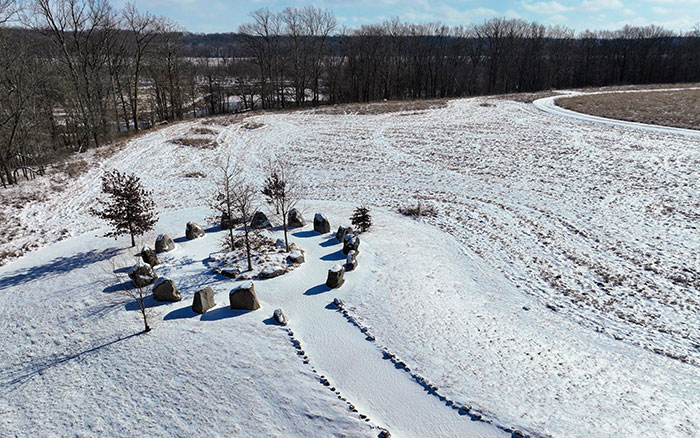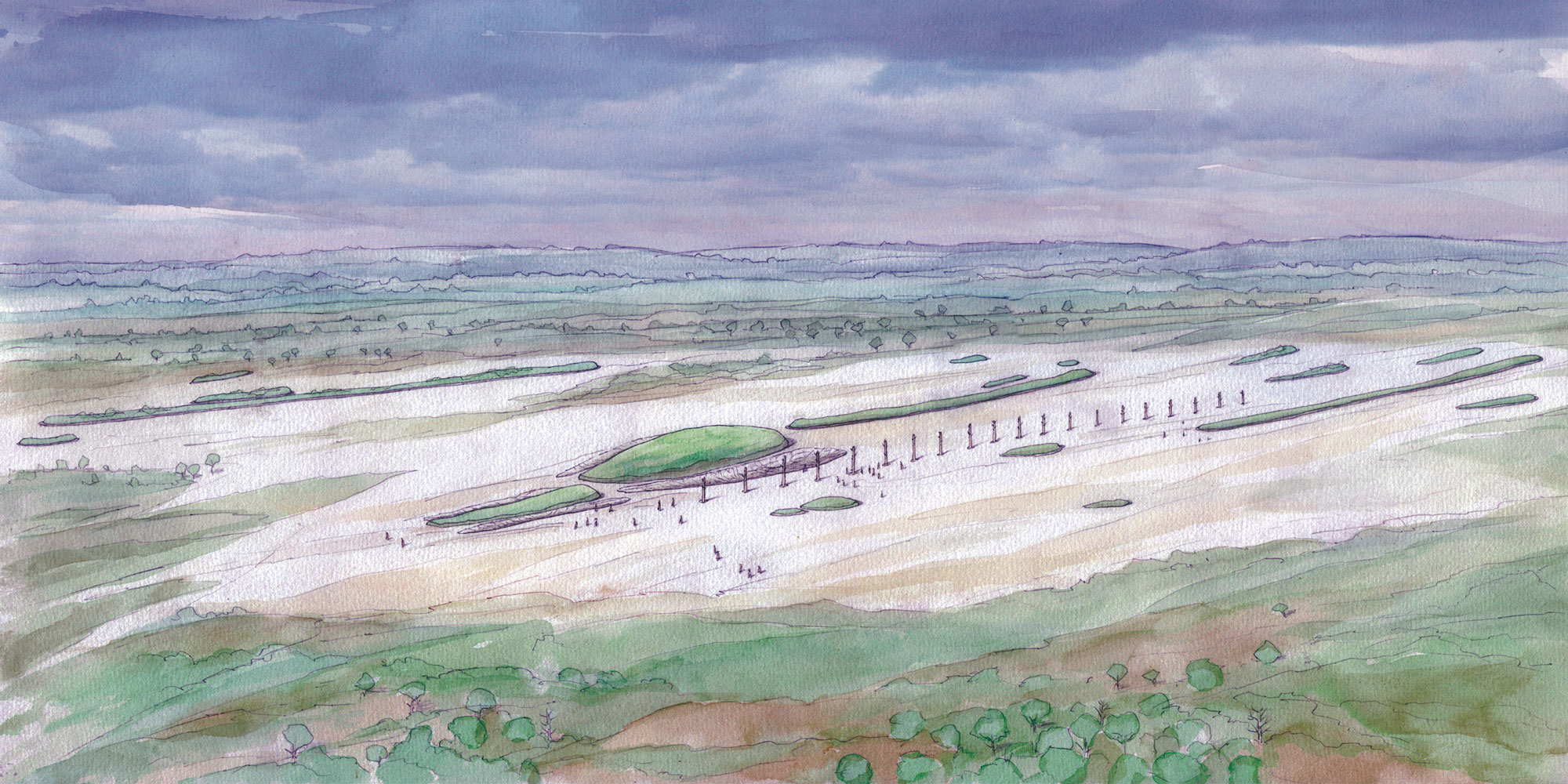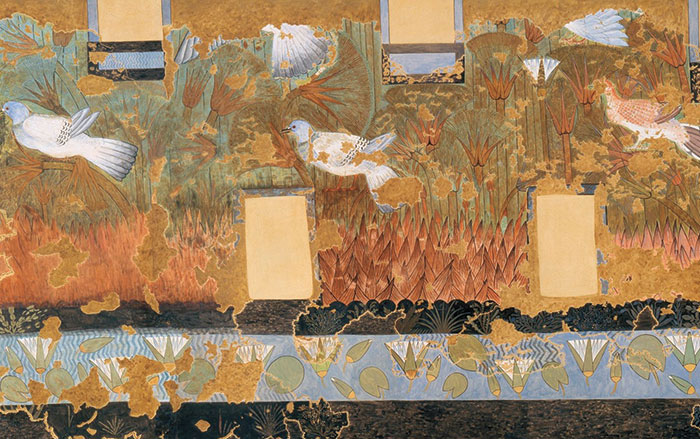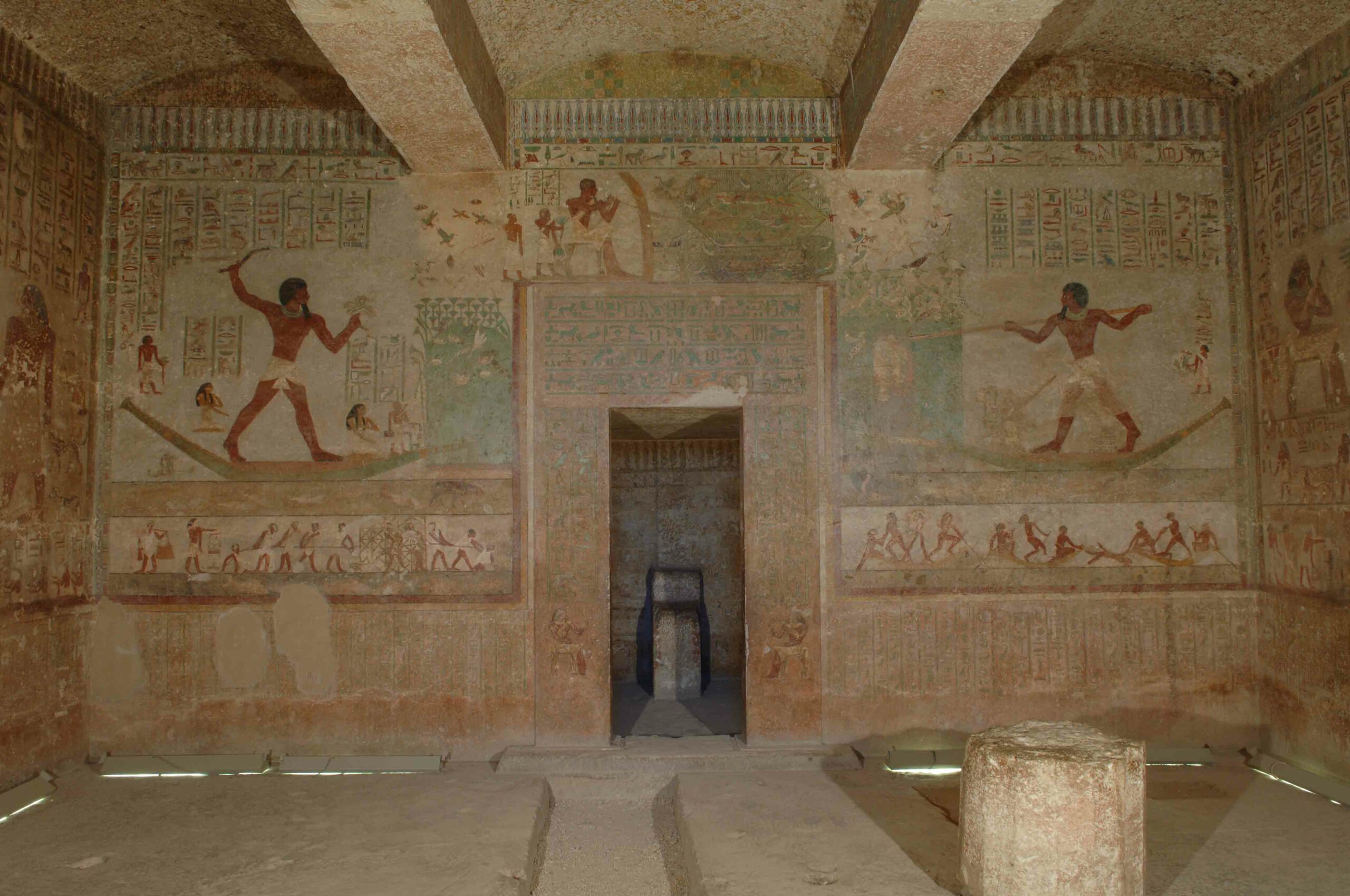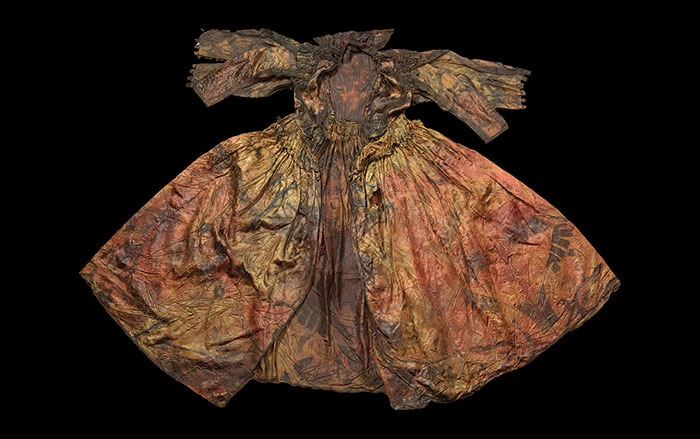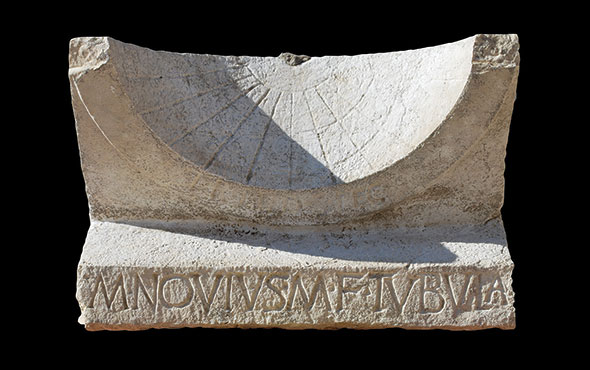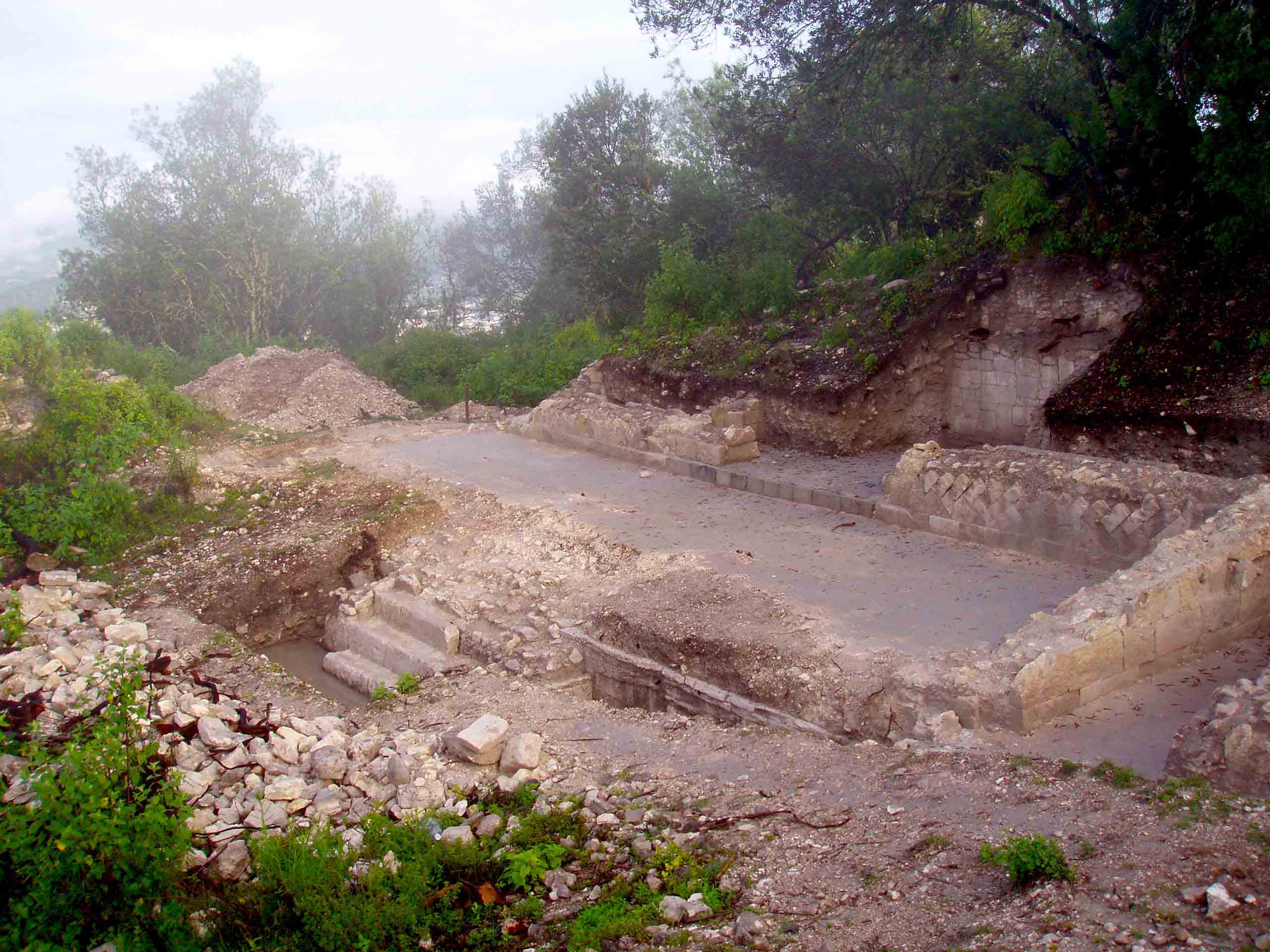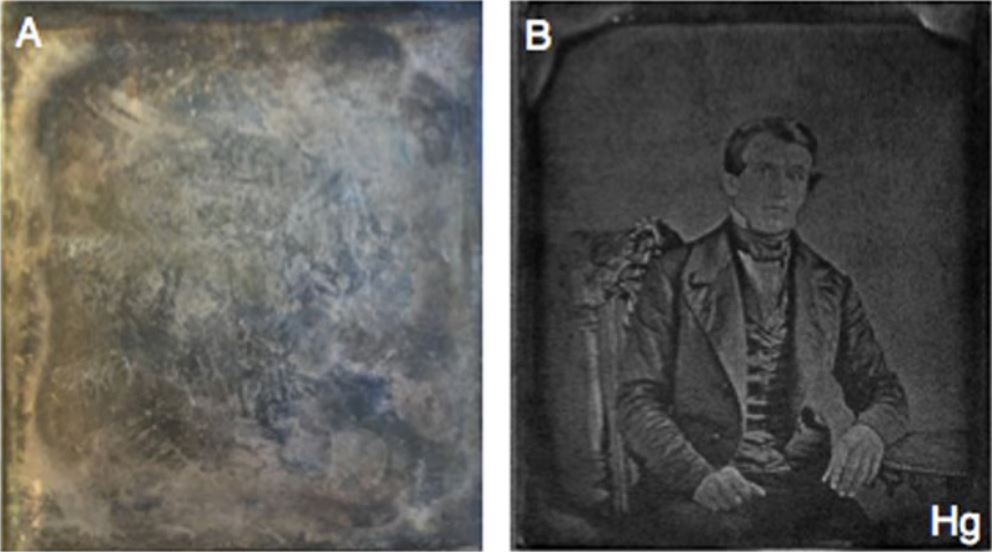
LONDON, CANADA—Chemist Madalena Kozachuk of Western University and her colleagues, in a time-consuming process, used a synchrotron to scan tarnished nineteenth-century daguerreotypes to reveal their obscured images, according to a Science News report. By mapping the particles of mercury on the plates, the synchrotron was able to detect places where more light had been reflected during the photographic process, and thus formed the lighter areas of the image. “When the image became apparent, it was jaw-dropping,” Kozachuk said. “I squealed when the first face popped up.” To read about the use of technology to read faded text on pottery sherds, go to “Reading Invisible Messages.”


